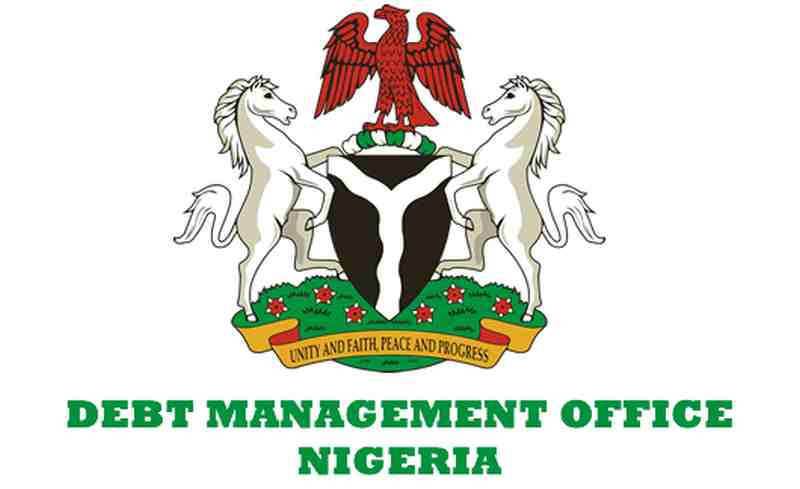Nigeria not high debt-risk nation – DMO
The Debt Management Office (DMO) has refuted claims that Nigeria and nine other countries were adjudged to be high debt-risk nations. Daily Trust had reported that with the sum of $11.7 billion (about N4.816 trillion) borrowed from the World Bank Group, Nigeria stood as fifth on the list of its top 10 borrowers. The report […]

The Debt Management Office (DMO)
The Debt Management Office (DMO) has refuted claims that Nigeria and nine other countries were adjudged to be high debt-risk nations.
Daily Trust had reported that with the sum of $11.7 billion (about N4.816 trillion) borrowed from the World Bank Group, Nigeria stood as fifth on the list of its top 10 borrowers.
The report was the Audited Financial Statement for the Fiscal Year 2021 of the International Development Association (IDA), a subsidiary of the World Bank.
In a statement, the DMO said the report was an assessment of the performance of IDA and not the performance of the IDA loans or debt repayment capacity of the beneficiaries of its loans.
It stated that the loans “are typically for tenors of 30 – 40 years, grace period (moratorium on principal repayment) of 7 – 10 years and service fee of only 0.75%.”
The statement added that loans, which are concessional, are in line with Section 41(1)(a) of the Fiscal Responsibility Act, 2007, which allows federal and state governments to take concessional loans “with low interest rate and with a reasonably long amortization period.”
“The cost of IDA loans, which is the service fee of 0.75%, is considerably low thereby moderating the cost of debt service.
“The DMO wishes to state that Nigeria’s IDA’s Debt Stock as of June 30, 2021 was USD11.7bn.
“IDA loans represent one of the most favourable borrowing options for countries like Nigeria and is also consistent with the Medium Term Debt Management Strategy of the federal government.”
It, therefore, pointed out that the report which categorized Nigeria among high debt-risk nations “is not only false and misleading but also suggests an inadequate understanding of the essence of the World Bank’s Report.”
